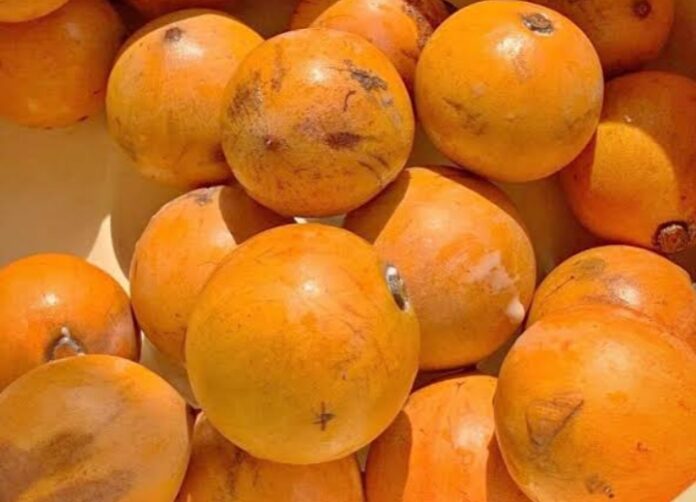How do you get your vitamin C? When some people think of vitamin C, they think of those small, roundish, orange tablets they receive get from the hospitals or pharmacists, oftentimes along with other drugs. While that is indeed vitamin C, it is not the only source of vitamin C. In fact, if you get your vitamin C from other sources, you would not have to rely on those tablets at all. The recommended daily value (DV) for vitamin C is 90 mg.
Vitamin C is one of the essential nutrients our body needs. Some of the benefits of vitamin C include
- It helps to maintain healthy skin and bones.
- It reduces the risk of heart disease.
- It prevents iron deficiency.
- It boosts immunity.
- It enhances the function of the brain.
- It has antioxidant properties, meaning it helps fight free radicals, and much more.
From what we have seen, the intake of vitamin C is very essential to our survival. It is not just something we need on occasions or only when we are ill. It is something we require daily. Vitamin C is so important that lacking it can lead to a condition called Scurvy.
So today, we would be looking at some vitamin C-rich foods here in Nigeria.
15 Nigerian Foods Rich In Vitamin C
Here are some popular Nigerian foods that are rich in vitamin C:
1. Miyan Kuka

Miyan Kuka is a Nigerian dark green soup that is popular in the Northern part of Nigeria. The soup is mainly prepared with powdered baobab leaves. Baobab leaves are absolutely rich in vitamin C. Baobab pulp is rich in vitamin C, with 40 gram accounting for 84% of the DV. The leaves are also loaded with calcium.
2. Ewedu Soup
Ewedu soup is a popular delicacy from the Yoruba parts of Nigeria. The soup is mainly prepared with jute (ewedu) leaves, botanically known as Corchorus Olitorius. Jute leaves are incredibly rich in vitamin C, with 100 grams of jute containing 33mg of vitamin C. Eating ewedu soup is a great way to get more vitamin C into your system.
3. Pawpaw
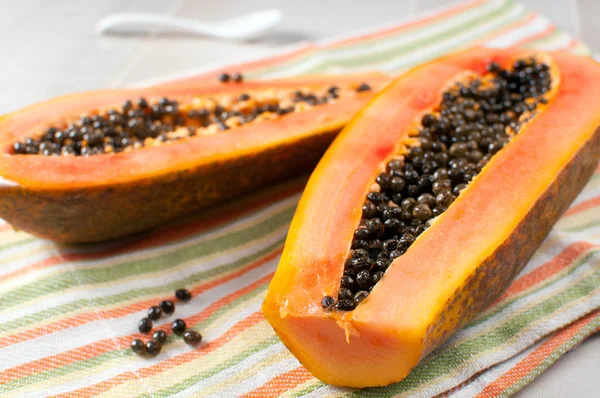
Who does not like pawpaw? It is sweet and very nutritious. Pawpaw or papaya is one very rich source of vitamin C. 100g of pawpaw contains about 59mg of vitamin C, which is about 65% of your daily needs. 100g of pawpaw is about one serving, meaning you can get your daily supply of vitamin C from just pawpaw alone.
Besides vitamin C, pawpaw also contains other nutrients as well that have a lot of health benefits.
4. Orange
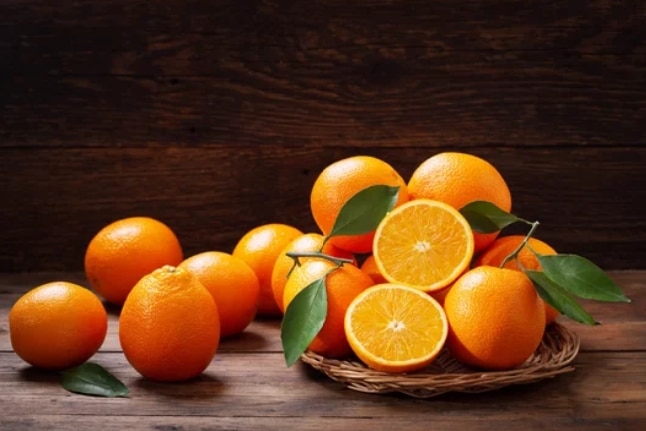
Many people already think of orange as a source of vitamin C, because of its taste and colour, and they are not wrong. Orange is a good source of vitamin C and other nutrients as well. 100g of orange contains about 53mg of vitamin C, which is about 59% of your daily needs.
So, why don’t you enjoy an orange today? You can eat it just the way it is or decide to juice it to get the most juice out of it. Whichever way you choose to enjoy your orange, just make sure you have it fresh.
5. Guava
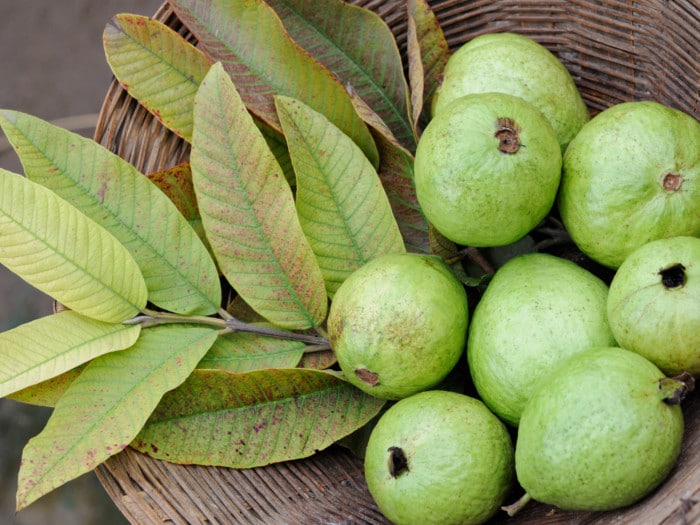
Not many people enjoy guava, but it is a very nutritious fruit. The vitamin C content in guava is one of the highest in any fruit. 100g of guava gives you about 228mg of vitamin C, which is about 254% of your daily need.
With that amount, just having guava regularly would supply your body with all the vitamin C it needs. If you do not enjoy eating guava, then you can blend it along with other fruits to make a smoothie. Guava leaves are also said to be high in vitamin C.
6. Bell Peppers
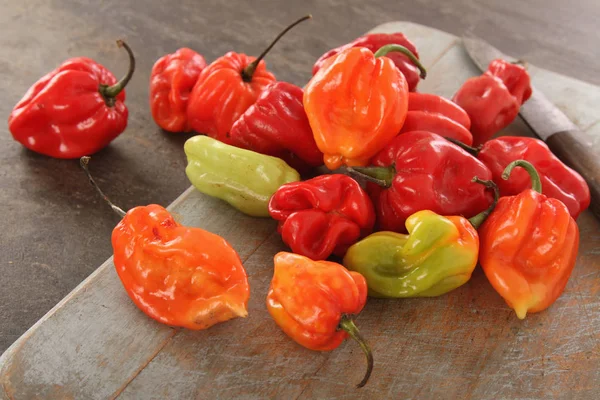
Bell peppers, also called tatashe in South-West Nigeria, contain more than just hot, spiciness. They are also rich in vitamin C. 100g of bell pepper gives you about 128mg of vitamin C, which is about 142% of your daily need.
You do not have to go heavy on the bell peppers. Just use it as you would normally do and you will still get all the vitamin C you need from it.
7. Potatoes
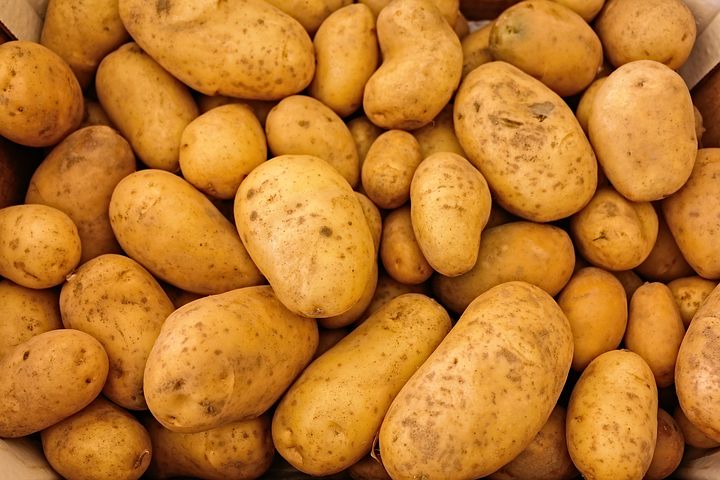
While it may seem like an unlikely source, potatoes are relatively rich in vitamin C. 100 grams of potatoes, contain 19.7 mg of vitamin C. Sweet potatoes are good for babies, and have many other nutritional benefits.
8. Tomatoes
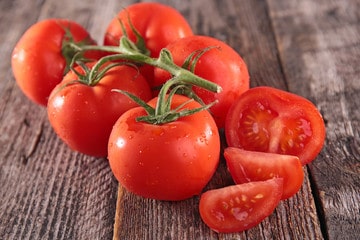
Tomatoes are an excellent source of vitamin C and other antioxidants. 100 grams of tomatoes contains 14 mg of vitamin C. You’ll get vitamin C out of a medium tomato, if you eat it raw.
Vitamin C levels go down when you cook tomatoes. However, an antioxidant called lycopene goes up when it is cooked. Nonetheless, you can enjoy fresh tomatoes, tomato paste, and tomato juice to satisfy your vitamin C needs.
9. Corn
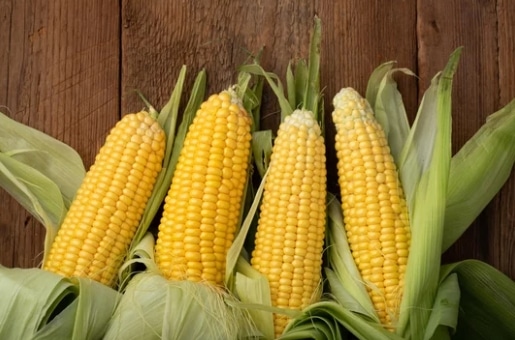
Corn is loaded with fiber and contains vitamin C. One cup (164 grams) of sweet yellow corn contains 15.3 mg of vitamin C, which is 17% of the daily value (DV).
10. Cabbage
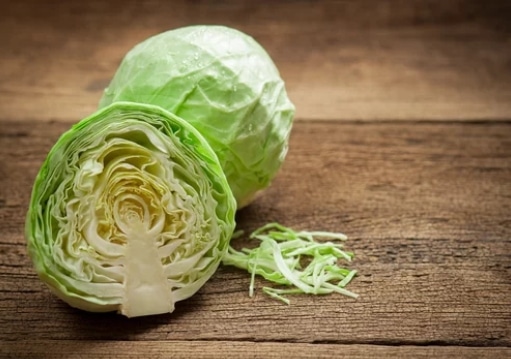
Cabbage is an amazing source of the ever-so-important vitamin C, which is vital for maintaining a strong immune system. Eating cabbages may also protect against heart disease, certain cancers and vision loss. 100 grams of cabbage contains 36.6 mg of vitamin C, 33% of the DV.
11. Breadfruit (Ukwa)
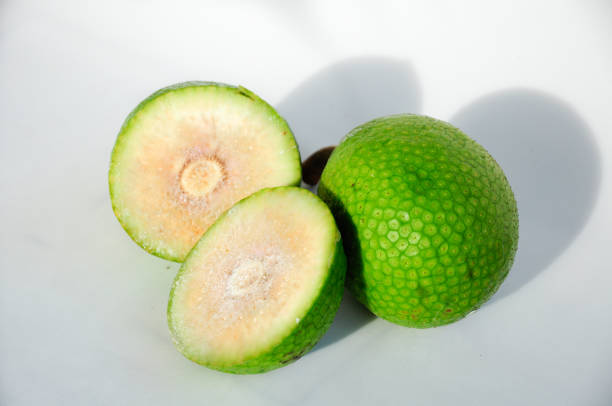
Breadfruit, also known as Ukwa in Nigeria, is a popular food item in the country. It is a rich source of various nutrients, including vitamin C. Raw breadfruit has been found to contain significant levels of vitamin C, with 29 mg per 100g.
In Nigeria, breadfruit is commonly cooked with potash, leafy vegetables, dry fish, pepper, and spices to make a porridge-like dish known as Ukwa.
12. Okra soup

Okra soup is another delicious soup in Nigeria that is eaten by almost every tribe. The soup is prepared mainly with sliced okra and leafy vegetables.
Okra pods are also an excellent source of antioxidant vitamin, vitamin-C, with 23 mg of vitamin C in 100 grams of okra providing about 36% of daily recommended levels. Hence, okra soup is a fantastic vitamin-C-rich food in Nigeria.
13. Agbalumo (Udara)
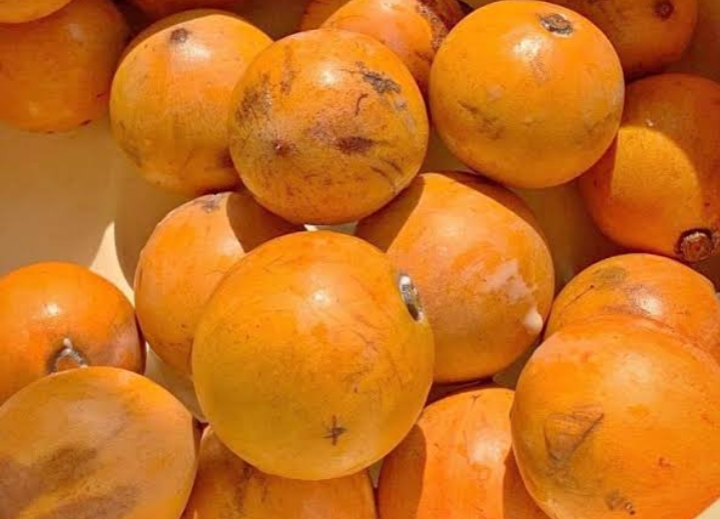
Agbalumo, also known as African Star Apple or Udara, is a tropical fruit that is native to West Africa, especially Nigeria. It is a seasonal fruit that is available from December to April.
This fruit is known for its sweet and sour taste, and it is often eaten fresh. One of the key health benefits of agbalumo is that it is rich in vitamin C. According to various sources, 100g of the fruit contains approximately 25mg to 50mg of vitamin C.
14. Soursop
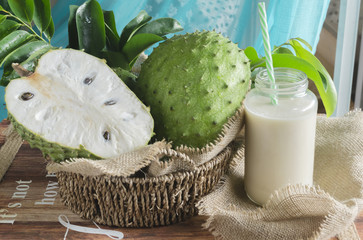
Soursop is a well-known fruit in Nigeria that is known for its health benefits and is also a great source of vitamin C. According to a WebMD article, one whole soursop fruit contains 215% of the recommended daily allowance of vitamin C.
This powerful vitamin is essential for supporting the immune system. Soursop is also rich in fiber and potassium. In Nigeria, soursop is one of the vitamin C-rich foods that can be included in a healthy diet.
15. Pineapples
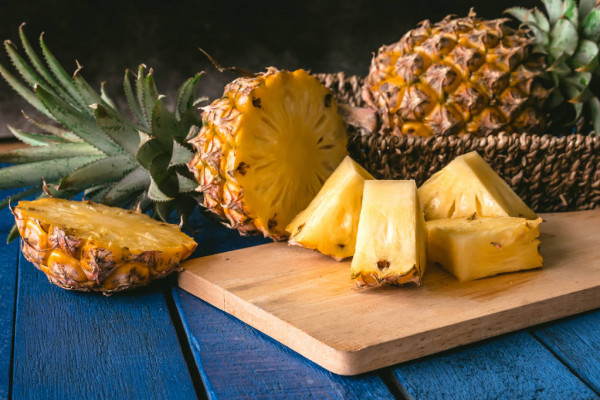
One of the fruits with the highest amount of vitamin in pineapple. In fact, pineapple has more vitamin C than orange.
In 100 grams of pineapple, there is 56.8 mg of vitamin C, which is about 88% of the DV.
Pineapples are not only rich in vitamin C, but they also contribute to your daily recommended intake of other essential nutrients such as vitamin B6, copper, thiamin, folate, potassium, magnesium, niacin, riboflavin, and iron.
Pineapples are widely sold and cultivated in Nigeria.
YOU SHOULD ALSO READ:
- 5 Healthy Whole Grain Foods in Nigeria
- 8 Healthy Nigerian Foods Rich In Probiotics
- 5 Healthy Nigerian Alkaline Foods
- 7 Healthy Nigerian Foods for Hypertensive Patients
- 13 Healthy Nigerian Foods Rich In Magnesium
- 8 Nigerian Foods That Are Rich In Folic Acid
- 12 Nigerian Foods That Boost Breast milk Production
- 8 Healthy Nigerian Foods for Babies

